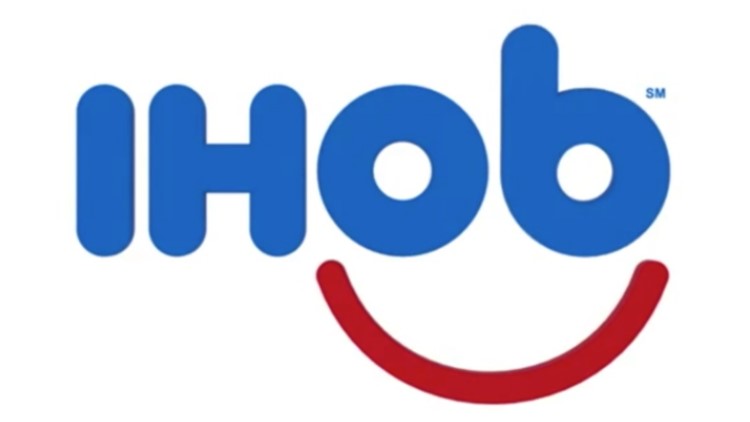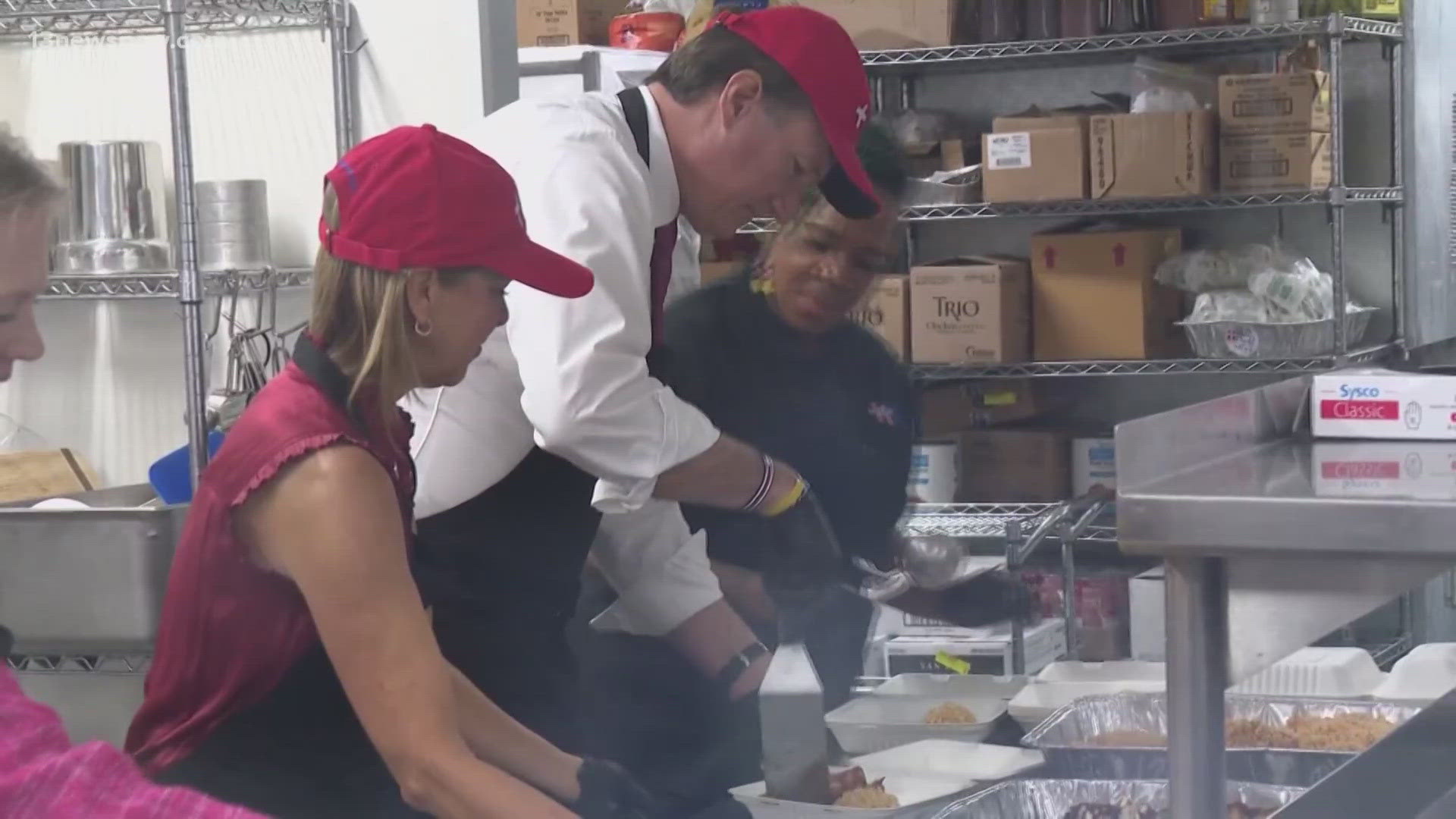Those who mocked IHOP for pretending to switch its name to IHOb aren't getting the last laugh. That belongs to the dining chain's management.
The restaurant company's management said Wednesday the advertising shtick worked. The Glendale, California-based company credited the buzz generated by the faux name change with fueling the uptick in business.
The whole thing worked like this: IHOP, once the International House of Pancakes, announced in early June it would flip the "P" in its name to a lower-case "b" to denote burgers. The change made national news because the brand is a blue-roofed icon, and it wasn't entirely clear if it was a permanent change or a quickie promotion.
Indeed, it was a promotion, but the chain saw a "significant lift" in both sales and traffic during lunch and dinner hours after the launch of an expanded burger menu on June 11, said Stephen Joyce, CEO of Dine Brands Global, which owns both the IHOP and Applebee's chains.
"Once we developed these amazing burgers, we had to generate excitement about them and convey to our guests that we take our burgers just as seriously as we take our pancakes," said IHOP president Darren Rebelez, according to a transcript of Wednesday's second-quarter earnings call. "This was a creative motivation that led to the name-change teaser."
According to Dine Brands Global's second-quarter earnings, sales at IHOP's domestic locations open at least a year – an industry measure that takes a chain’s unit growth into account – increased 0.7 percent.
The name switch happened with three weeks left in the quarter.
Burgers were IHOP's way of drumming up business at mealtimes outside of breakfast, from which the chain derives more than half of its total sales, analysts said. Dinner, by contrast, represents 16 percent.
Experts were impressed by the campaign.
"This was thunk up by a smarty," said Rob Frankel, a Los Angeles-based branding strategy expert. "Whoever thought up that campaign (said), 'Let’s tap into our brand legacy and trademark value.' By threatening to upset it, they brought a lot of attention to it."



